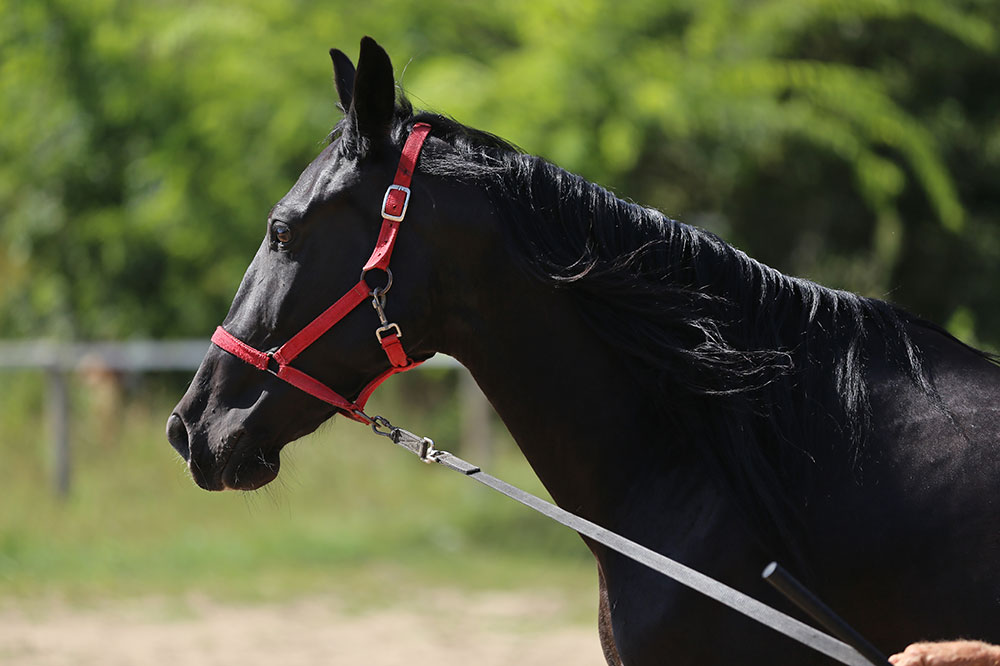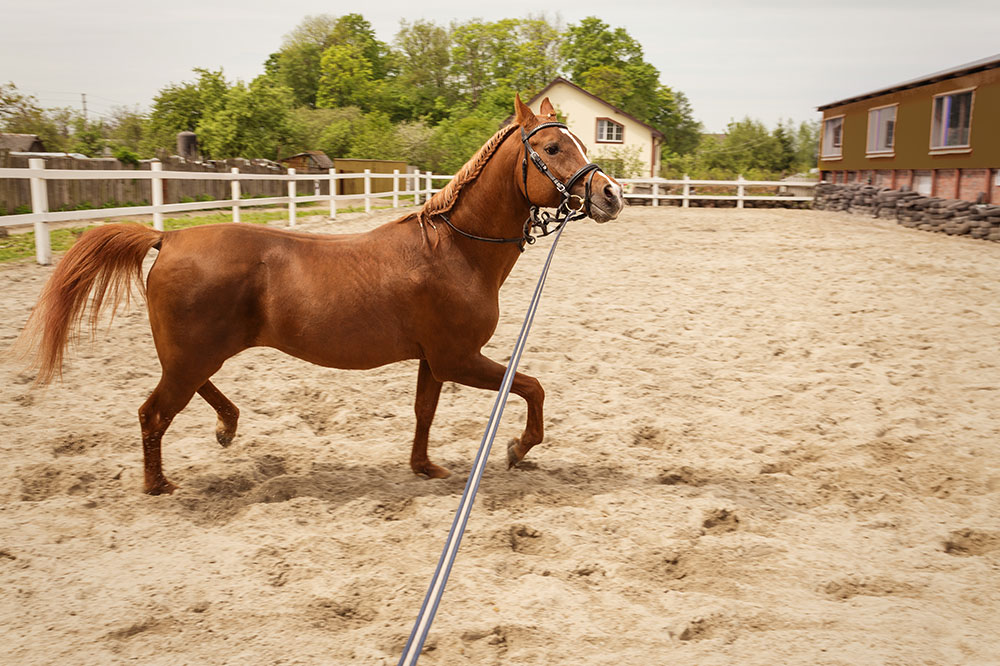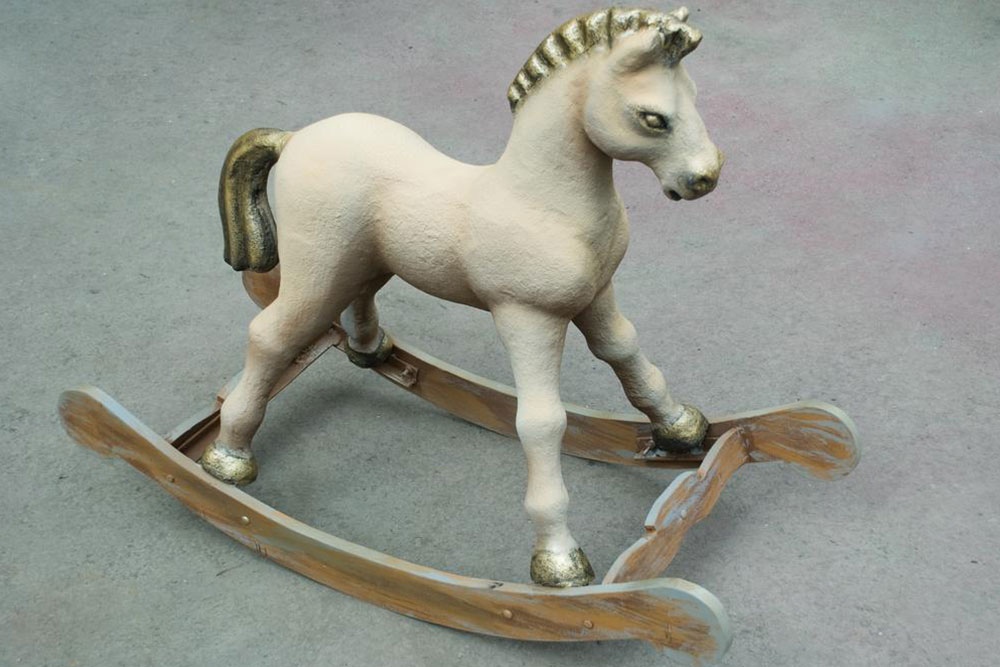Top 3 Must-Have Equipment for Novice Horse Trainers
Discover the three fundamental tools every beginner horse trainer needs: halters, lead ropes, and lunge whips. These aids facilitate safe, effective communication and control during training. Learn how to use each properly to improve your horse handling skills, promote better behavior, and ensure a positive training experience. Ideal for new trainers, these tools are essential to build a strong foundation for successful riding and groundwork.

Introducing essential tools for those new to horse training can significantly simplify the process. These aids help correct undesired behaviors, promote proper posture, and improve understanding between rider and horse. Picking the right training equipment might seem overwhelming at first, but focusing on key items can streamline your efforts. Here are three crucial training aids every beginner should consider.
Halter
Halters are vital tools that give handlers control over the horse. Typically crafted from nylon or leather, halters feature a design that fits around the horse's head, enabling effective communication through gentle pressure. Proper use involves applying just enough force to guide without causing discomfort or harm, serving as a communication device rather than a punishment.
Lead Rope
The lead rope attaches to the halter and is essential for guiding and controlling the horse during training sessions. It can be connected with a clip for easy removal when necessary. Longer lead ropes are preferable, providing better maneuverability and enabling trainers to keep some distance while giving commands, which is vital for safe and effective training.
Lunge Whip
A long whip, often over 4 feet, used for lunging horses in circles, is another crucial tool. It helps in desensitization and communication, facilitating training from the ground. Proper handling of the lunge whip is essential to avoid creating fear; it should be used as a educational aid, not as a form of punishment.
Note: Our blog provides diverse content to help readers find valuable insights. Please remember that articles are meant for informational purposes and should not replace professional advice. The team is not responsible for discrepancies or inaccuracies across different sources. Always verify information and explore various options for your training needs.





